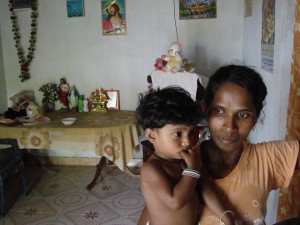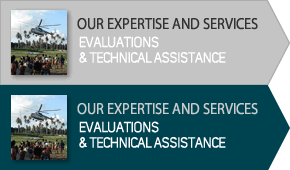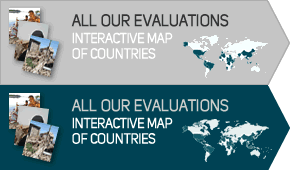February 4, 2009
Who Helps Who and Who Decides
The governments of disaster prone countries should do more to define their own priorities and not let the foreign aid system do it for them. This is just one of the findings of a new study co-authored by DARA that examines the long term effectiveness of the response to the 2004 Indian Ocean Tsunami.
A ripple in development? Long term perspectives on the response to the Indian Ocean tsunami 2004 is the result of a joint evaluation analysing the situation in Indonesia, Sri Lanka and the Maldives during the period 2004 – 2008. It concludes that effective transition from relief to rehabilitation and development depends on local capacity building and the appropriate use of international assistance. This means involving local governments and NGOs at the earliest opportunity to ensure that development is sustainable while defining the role of international organisations according to their capacity rather than the availability of funds.
The evaluation consortium of All India Disaster Mitigation Institute (AIDMI), Channel Research, DARA and Team C Voter also offers a series of recommendations including:
- Disaster prone countries should always formulate a clear division of roles between central and local government and what they expect the foreign aid system to do
- When a disaster occurs, donors should consider funding cycles and timeframes to promote a smooth transition between relief and development
- Aid organizations should always identify existing capacity in the country to reduce their footprint
The consortium’s study was commissioned by seven major aid donors led by the Swedish International Development Cooperation Agency (SIDA), the governments of Indonesia and Sri Lanka and a group of international aid organisations.
This latest evaluation is the second to examine the links between immediate relief, rehabilitation (or reconstruction) and development (LRRD) in the response to the 2004 Tsunami.
As part of the Tsunami Evaluation Coalition (TEC), DARA also participated in the first system wide evaluations in 2005-06, producing a series of reports on funding of the response to the Tsunami:
- A synthesis report of government funding
- Assessments of funding from the European Commission (ECHO), Sweden and the UK
- An assessment of the Funding of the Red Cross and Red Crescent Movement and of UK and Spanish NGOs
The 2005-06 evaluation was the first system wide study of a humanitarian response to be conducted since development of the approach following the Rwandan genocide. DARA’s experience in the project, eventually led to its development of the Humanitarian Response Index.





Share this